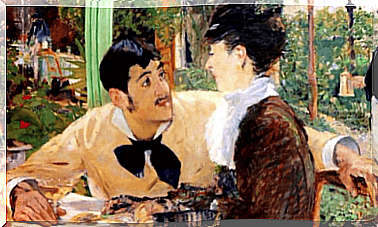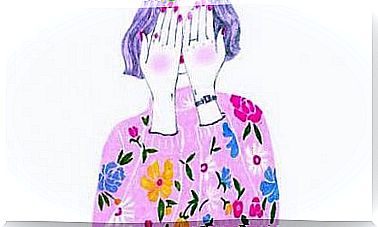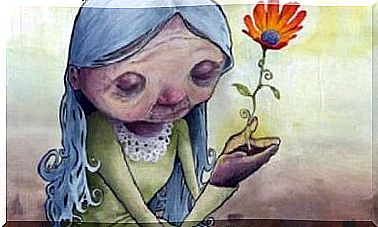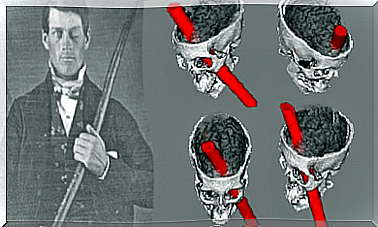How To Stay Rational After A Conflict

Is it possible to remain rational after a conflict? It seems almost impossible to stay rational and also cooperate with the other person after you have had a conflict with them. Even if you did it for your own good. In a group setting, this is sometimes even less common.
If a group has a conflict with another group, this will arouse negative emotions in all group members individually. As a result, their behavior will also be negative. It doesn’t even matter if this negative behavior also causes problems for them.
However, it doesn’t always have to be that way. It is also possible to remain rational after a conflict, and there are certain circumstances that can make this a lot more likely.
If you have to make decisions as a group, the necessary consultation about the decision to be made makes the process slower and more purposeful. As a result, the decisions the group makes will be more rational. The group may even decide to work with the other group.

Conflict
Throughout history, people have had conflicts with other people, both individually and in groups. Some of these conflicts have even led to violent violence.
The idea of a harmonious existence without conflict seems to be becoming less and less possible by the day. In fact, violence between different groups of people even appears to have reproductive benefits.
At the same time, history teaches us that groups are not always at odds with each other. People can also build relationships based on trust and mutual cooperation.
We therefore exist within a paradox of contradictory behavior. On the one hand you have cooperation and on the other you have aggression. How do you know what will happen after a conflict? In the end, it all comes down to post-conflict management.
After a conflict, there can be certain emotional wounds that make it impossible to come to a resolution. It seems impossible for both parties to work together anymore, depriving everyone of all economic and social benefits.
Decision
Psychological theories of decision making claim that there are two ways to make decisions:
- You can make decisions after you have processed all the information rationally, carefully and consciously.
- Or you can make decisions automatically, based on past experience and emotions.
During a conflict, the person we are in conflict with automatically arouses negative emotions in us. This often makes people inclined to make automatic decisions.
In this case, they choose to rely entirely on their emotions and past experiences. However, this method has a downside. After all, experience isn’t always your greatest ally when trying to evaluate the consequences of your decisions.
However, if you as a group have a conflict with another group, it is more likely that you will also discuss this as a group, so that you will come to a rational decision faster. This is because individuals in a group setting are more likely to ignore their past experiences and their emotions.

Staying rational after a conflict
The conclusion we can draw from this is that the group has a civilizing effect on the individual, making it easier to remain rational after a conflict.
While it is true that groups can also be irrational and pressure their members during decision-making, the group can also provide a context that promotes discussion. This space for consultation makes it possible to correct mistakes and make rational decisions.
We can apply this principle to current conflicts for which we would like to find a solution. Consulting with the parties involved to weigh the various options makes it much more likely that they will ultimately opt for collaboration. Rational thinking can help us improve society.









